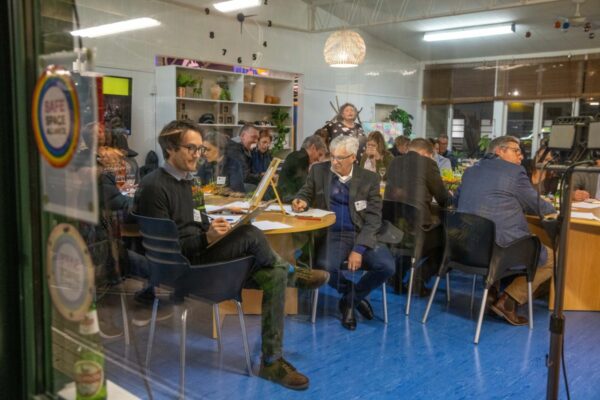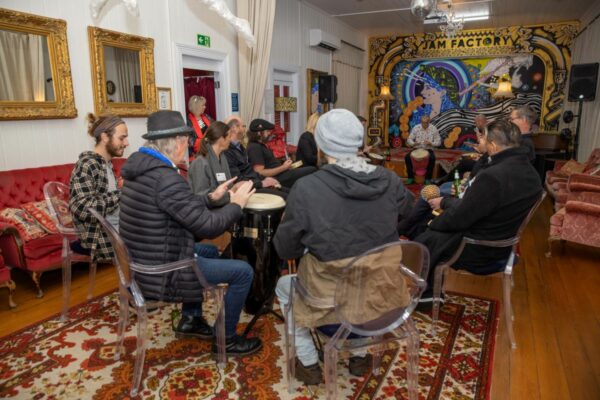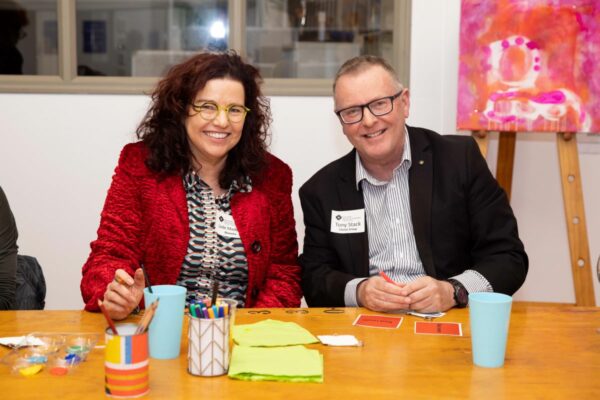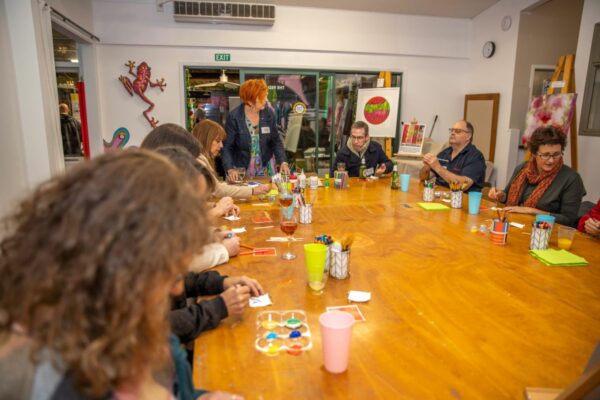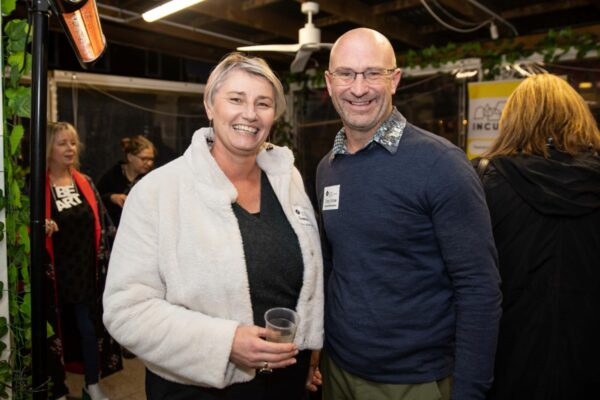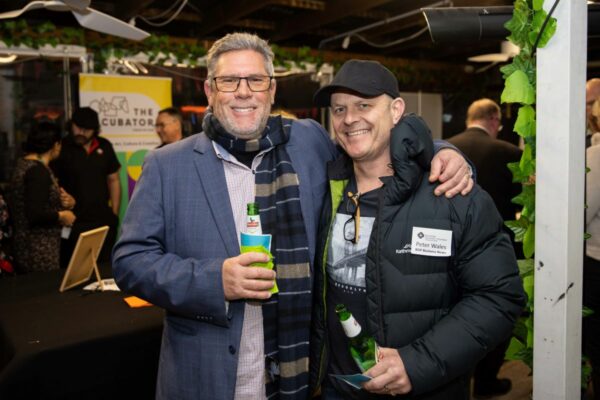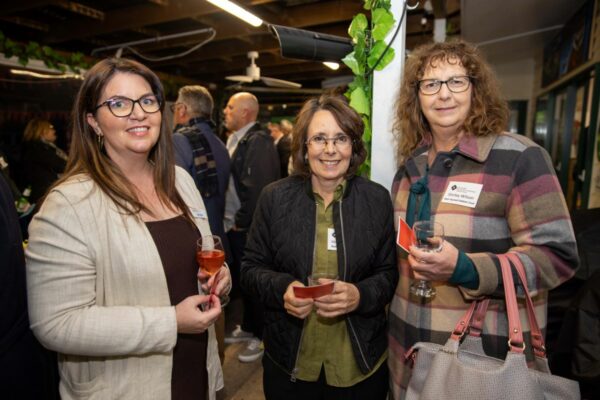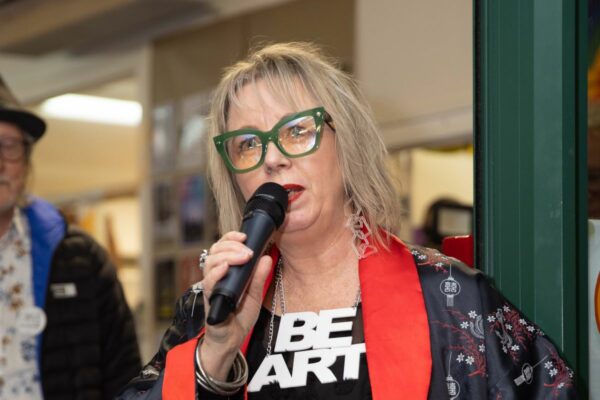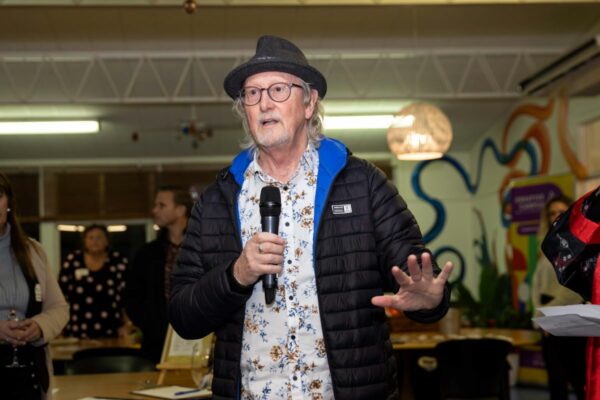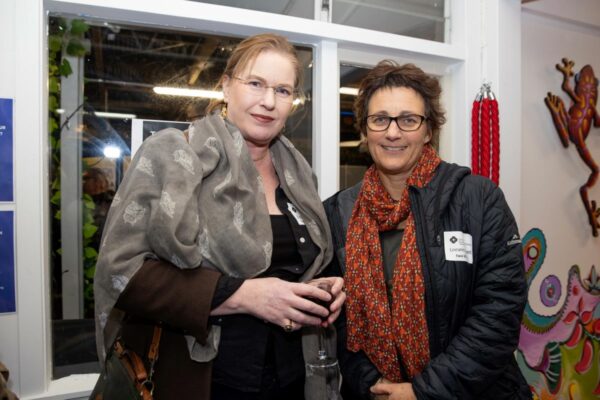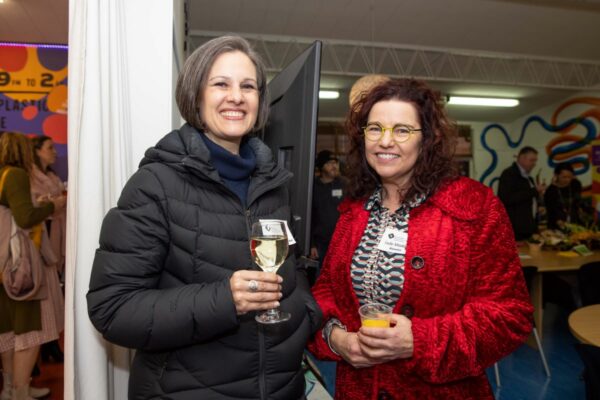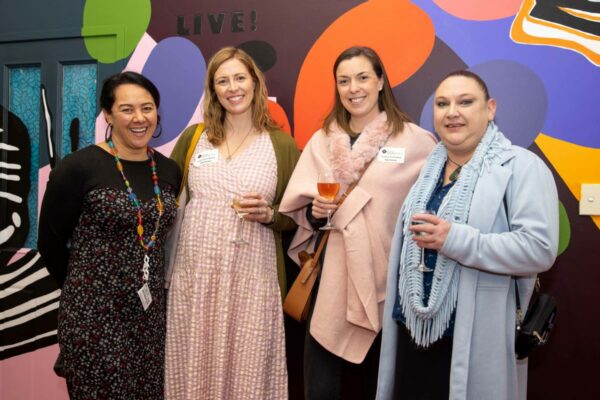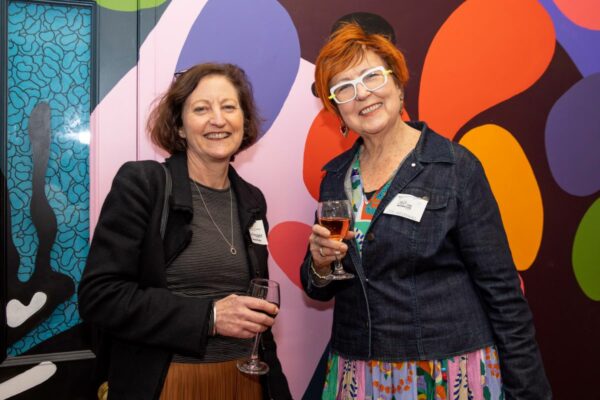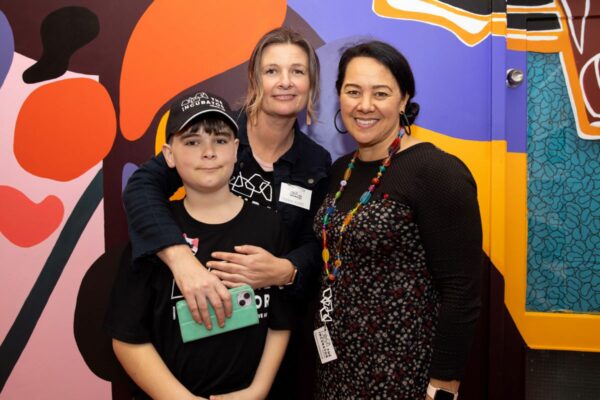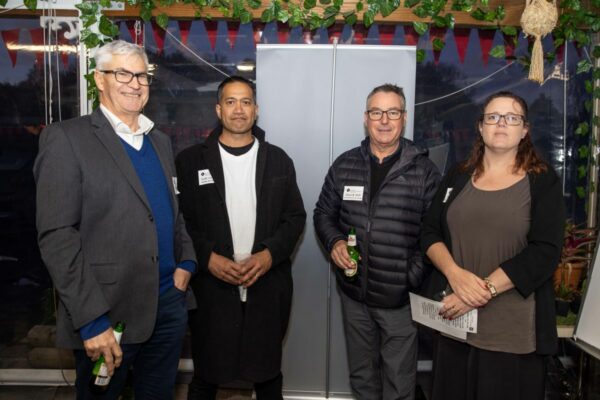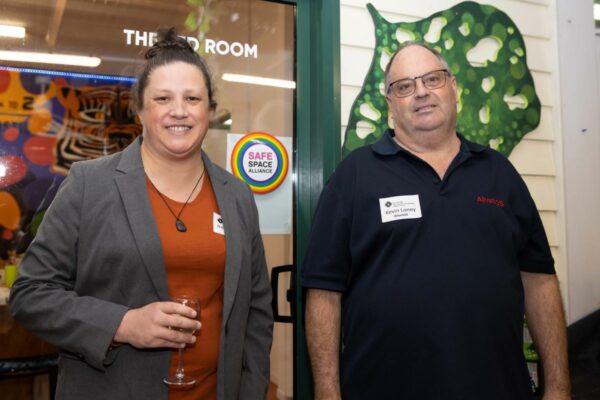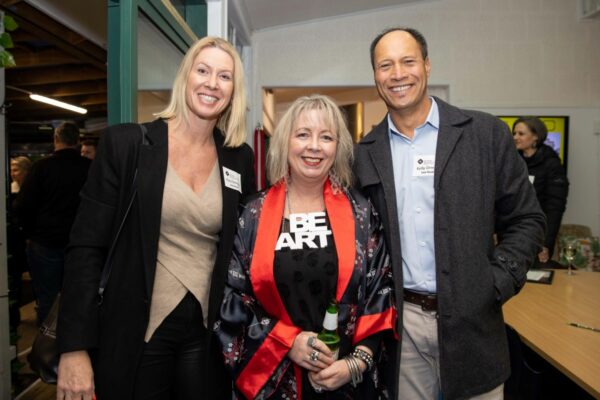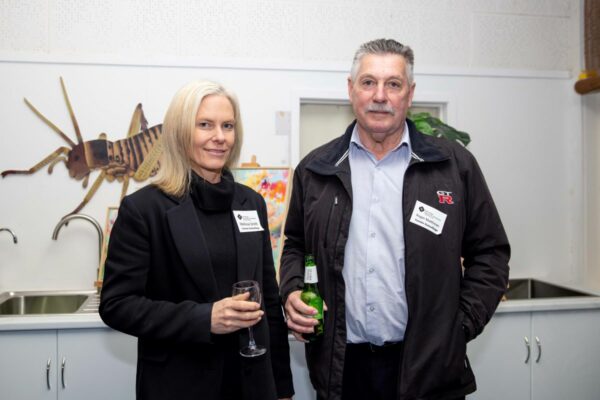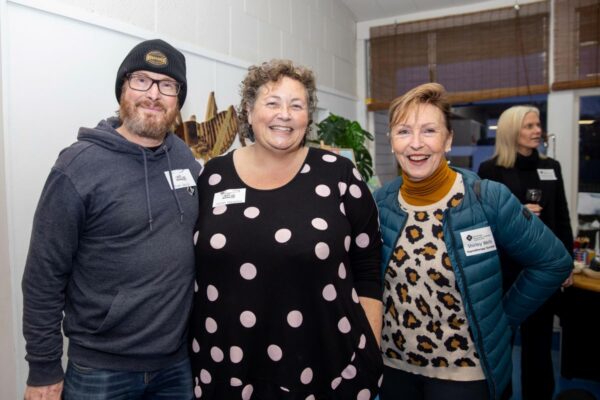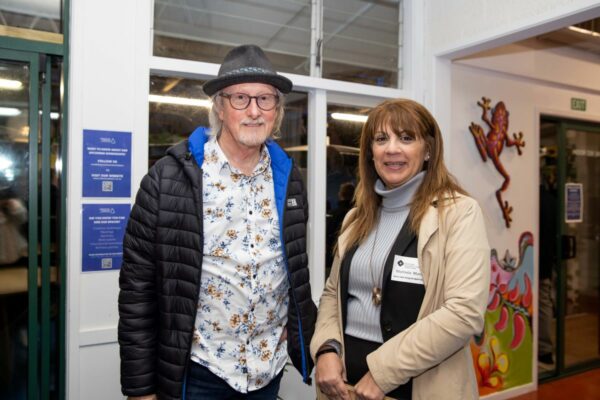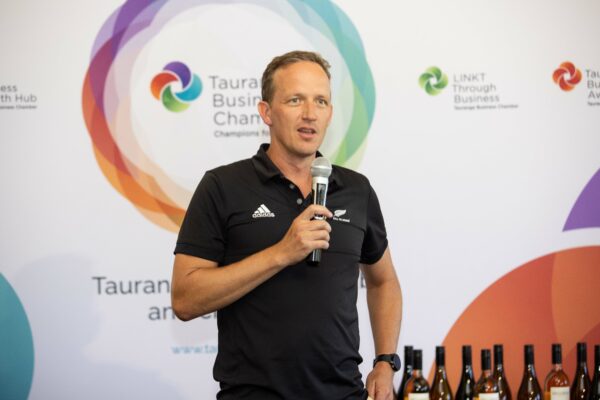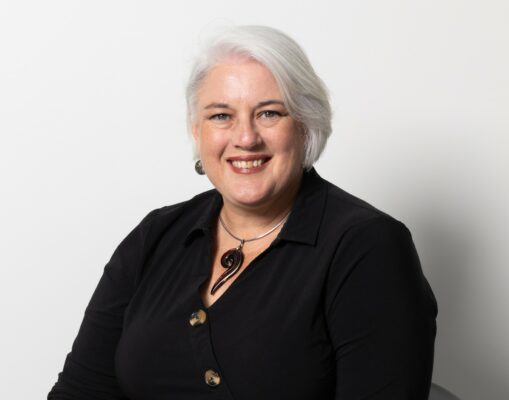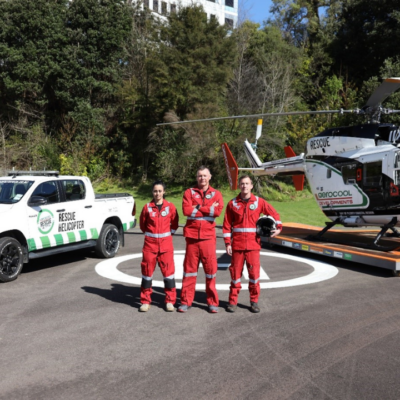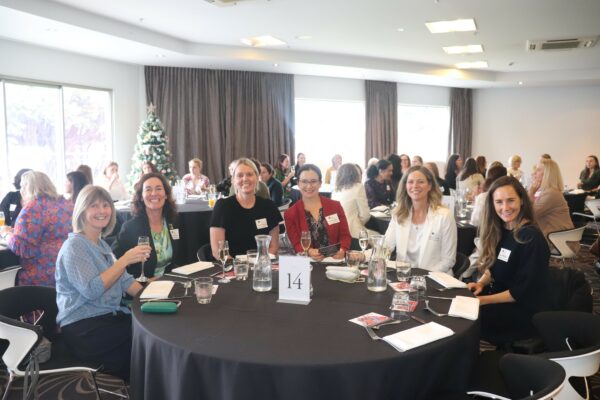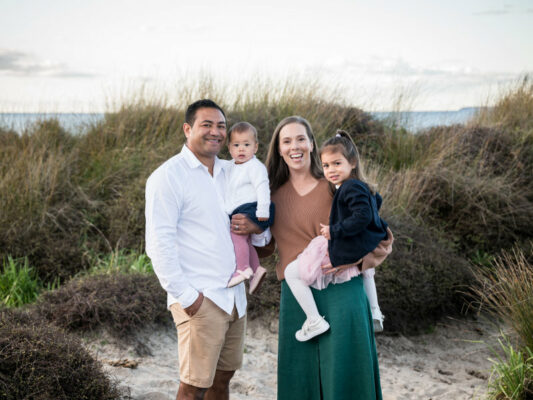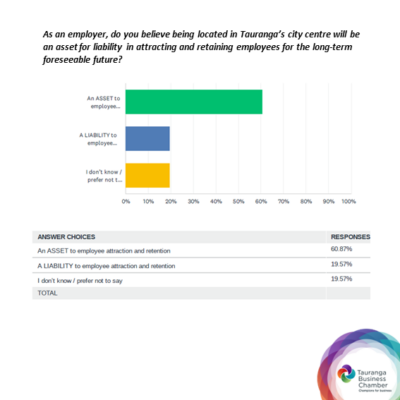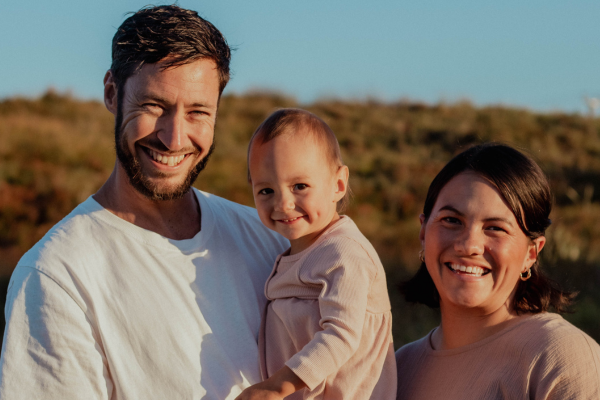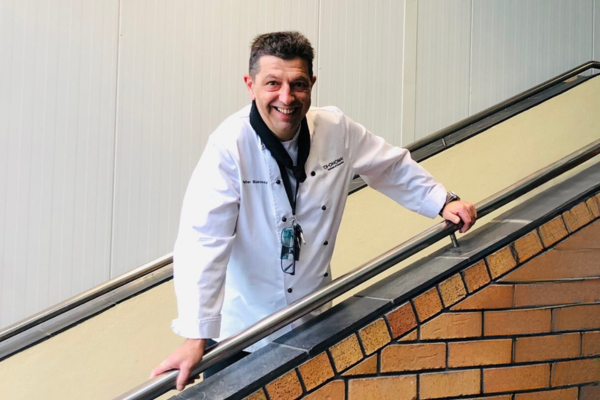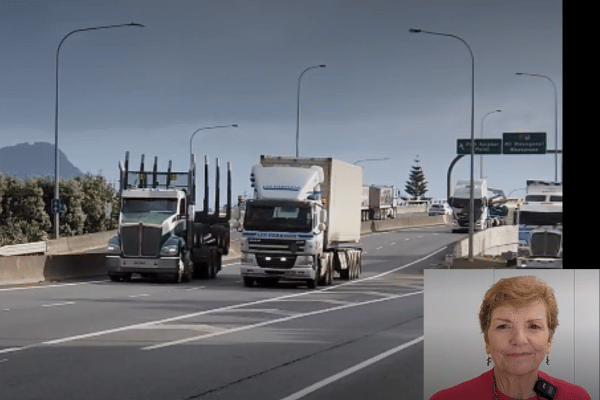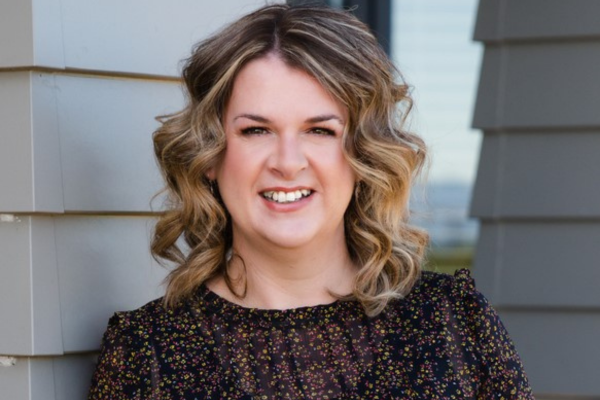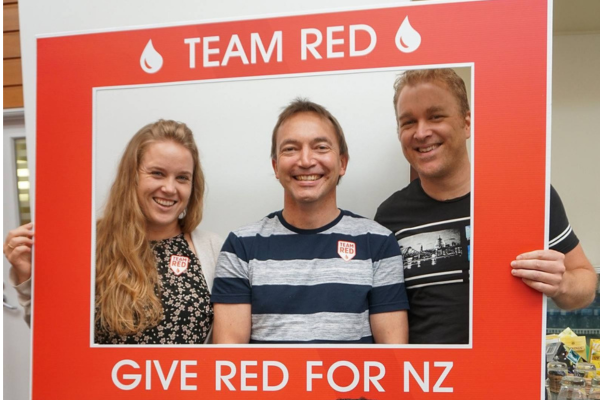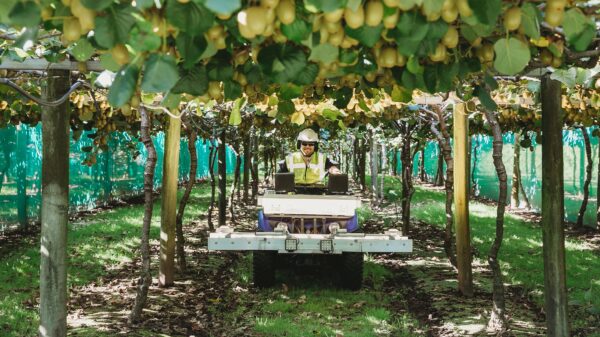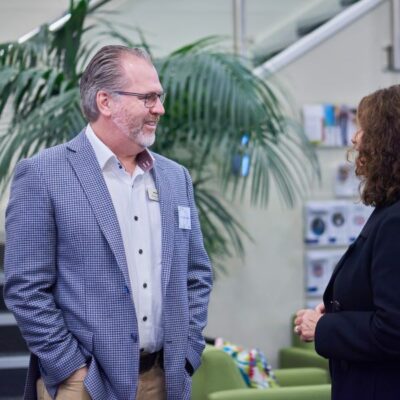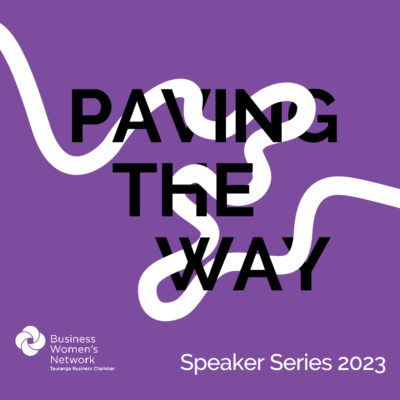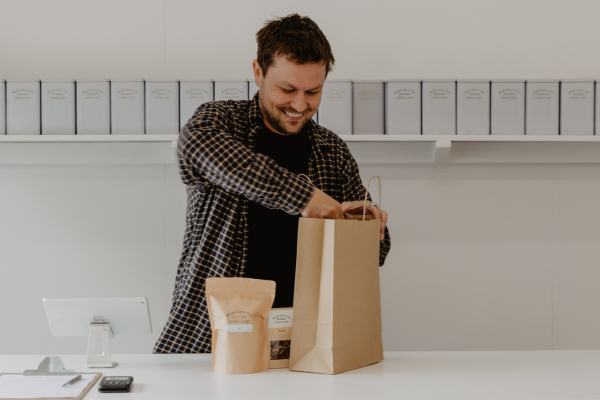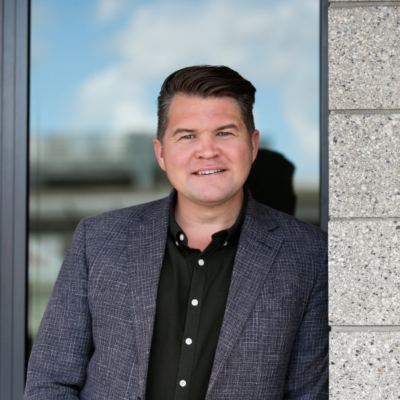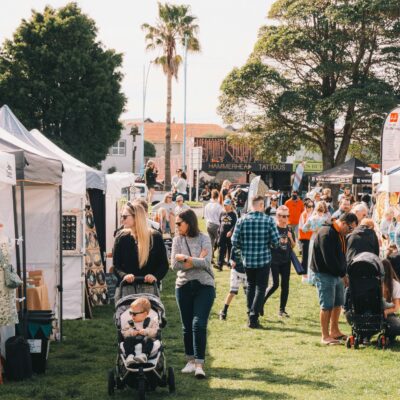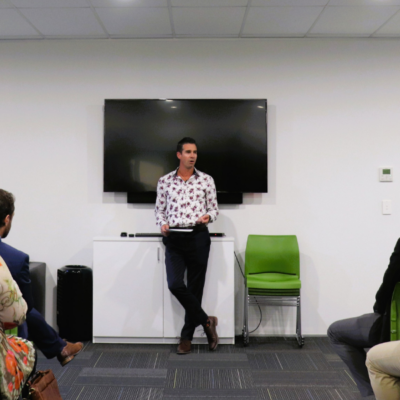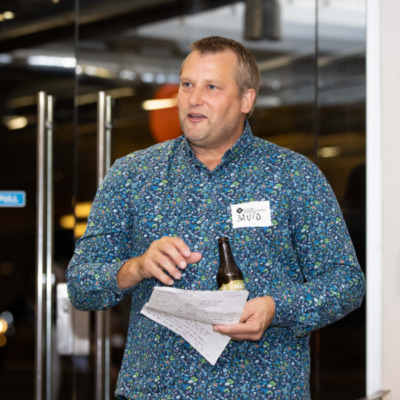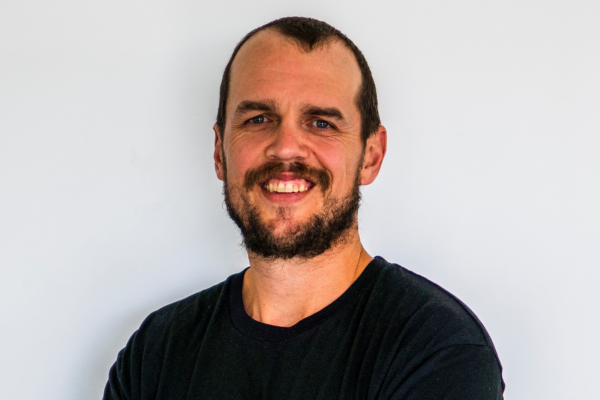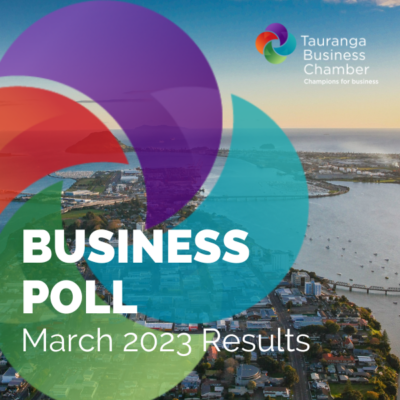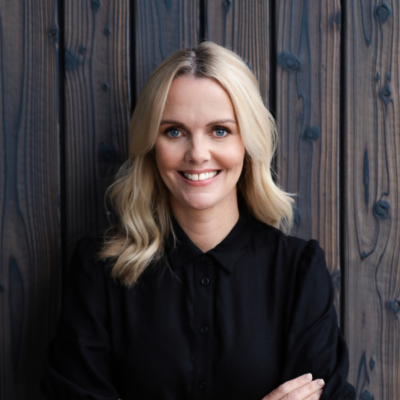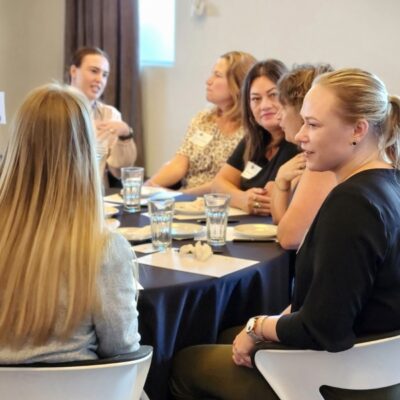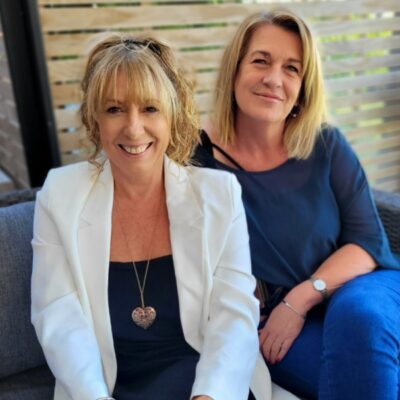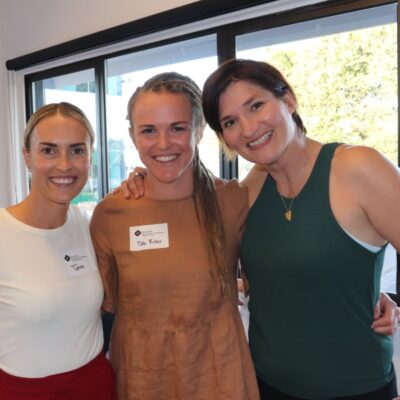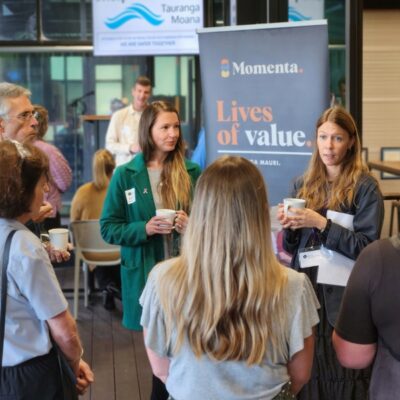Simone Anderson, director of The Incubator, explains the role of creativity in the workplace, and how it influences wellbeing, collaboration, and culture.
Introducing creativity into the workplace brings a myriad of benefits at every level—individual, team, and organisation. Meaningful experiences that foster creativity can also help people develop the problem-solving skills they need to succeed in the workplace.
Creative tasks and projects, particularly those with a social element, bring many benefits, says Simone. Participating in an individual or group activity helps to:
- encourage diverse thinking
- nurture a more collaborative environment
- increase engagement
- build productivity
- inspires innovative ways of finding solutions
- add a rich element to the team culture
- bring a greater sense of team and organisational camaraderie
For individuals, even bite-sized creative breaks from the daily grind can result in confidence growth, a higher sense of wellbeing, and greater enjoyment of work tasks.
How to incorporate creativity into your working life
“Events centred around creativity are a good way to keep people connected, away from the work environment and in a meaningful way,” says Simone. Events can range from one-off workshops, regular social events, and end-of-year functions.
“Feedback also tells us that engaging teams in a creative activity in any of our spaces—the Creative Campus, the Cinema, or The Jam Factory or a mix of all three—prior to a strategy or planning session, relaxes people and stimulates creative thinking patterns.”
Some popular options at The Incubator include life drawing, drumming, and pottery. Life drawing challenges people and takes them outside their comfort zone—while creating some laughs too which is great for team culture, says Simone. As a collective activity, group drumming sessions foster cooperation to get into a rhythm and are a useful tool for team building. Pottery is a popular team activity that gives a sense of achievement with a completed project.
To demonstrate corporate social responsibility, there’s also the option for a business to sponsor a group or individual. This helps to remove the financial barrier for those who would benefit from a creative session.
There’s been great success with schools, rangatahi groups, and other not-for-profit organisations, says Simone, and they’re always keen to hear from businesses and organisations who want to partner in projects or events that benefit the community.
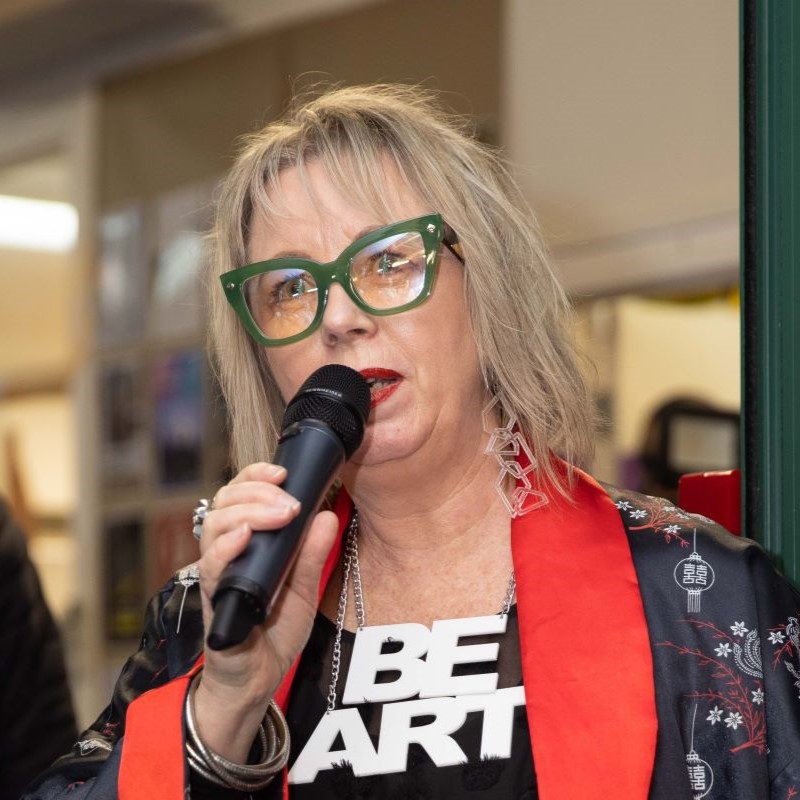
The August Business After 5 event was hosted by The Incubator Creative Hub, situated in Tauranga’s Historic Village.
Thanks again to our Principal Partners Farmer Autovillage and NZME.
Photos by Salina Galvan Photography
